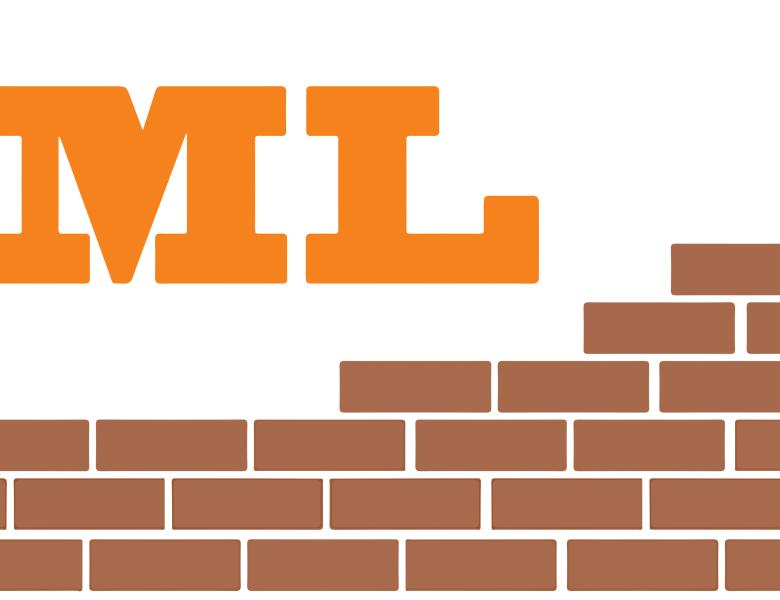
Abstract
Over the past few decades, various approaches have been introduced for learning probabilistic models, depending on whether the examples are labeled or unlabelled, and whether they are complete or incomplete. In this talk, I will introduce an orthogonal class of machine learning problems, which have not been treated as systematically before. In these problems, one has access to Boolean constraints that characterize examples which are known to be impossible (e.g., due to known domain physics). The task is then to learn a tractable probabilistic model over a structured space defined by the constraints.I will describe a new class of Arithmetic Circuits, the PSDD, for addressing this class of learning problems. The PSDD is based on advances from both machine learning and logical reasoning and can be learned under Boolean constraints. I will also provide a number of results on learning PSDDs. First, I will contrast PSDD learning with approaches that ignore known constraints, showing how it can learn more accurate models. Second, I will show that PSDDs can be utilized to learn, in a domain-independent manner, distributions over combinatorial objects, such as rankings, game traces and routes on a map. Third, I will show how PSDDs can be learned from a new type of datasets, in which examples are specified using arbitrary Boolean expressions. A number of case studies will be illustrated throughout the talk, including the unsupervised learning of preference rankings and the supervised learning of classifiers for routes and game traces.


